Home > Essentia Premier Hotel, Chennai > Blogs > History of Chennai
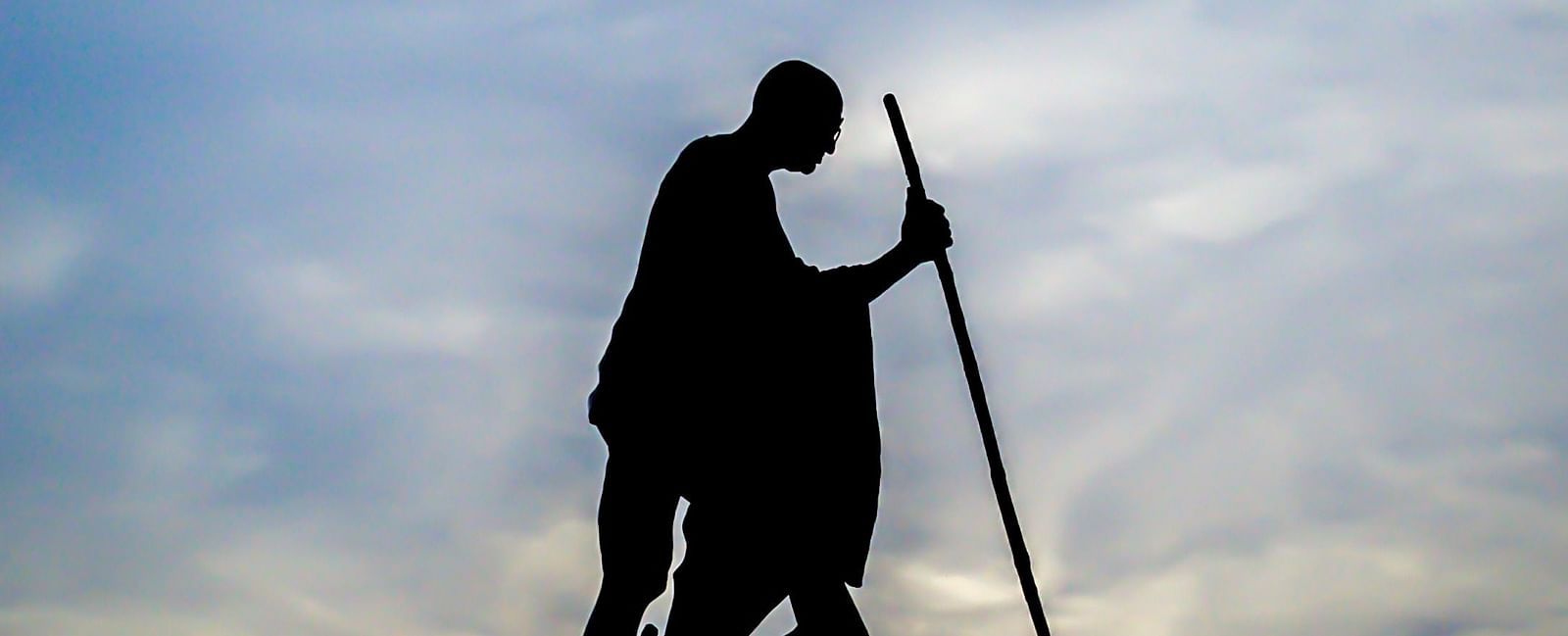
The History of Chennai: From Ancient Roots to a Modern Metropolis
Chennai, formerly Madras, has a rich history that dates back thousands of years. Located on the southeastern coast of India along the Bay of Bengal, this vibrant city was once a compact fishing village before evolving into a significant trade hub. The region was historically ruled by powerful South Indian dynasties, including the Pallavas, Cholas, Pandyas, and the Vijayanagara Empire, each leaving a significant cultural and architectural imprint. Chennai's historical significance as a religious and cultural centre is evident in its ancient temples, like the Kapaleeshwarar and Parthasarathy Temples. These centuries-old structures showcase the city's profound spiritual and architectural heritage.
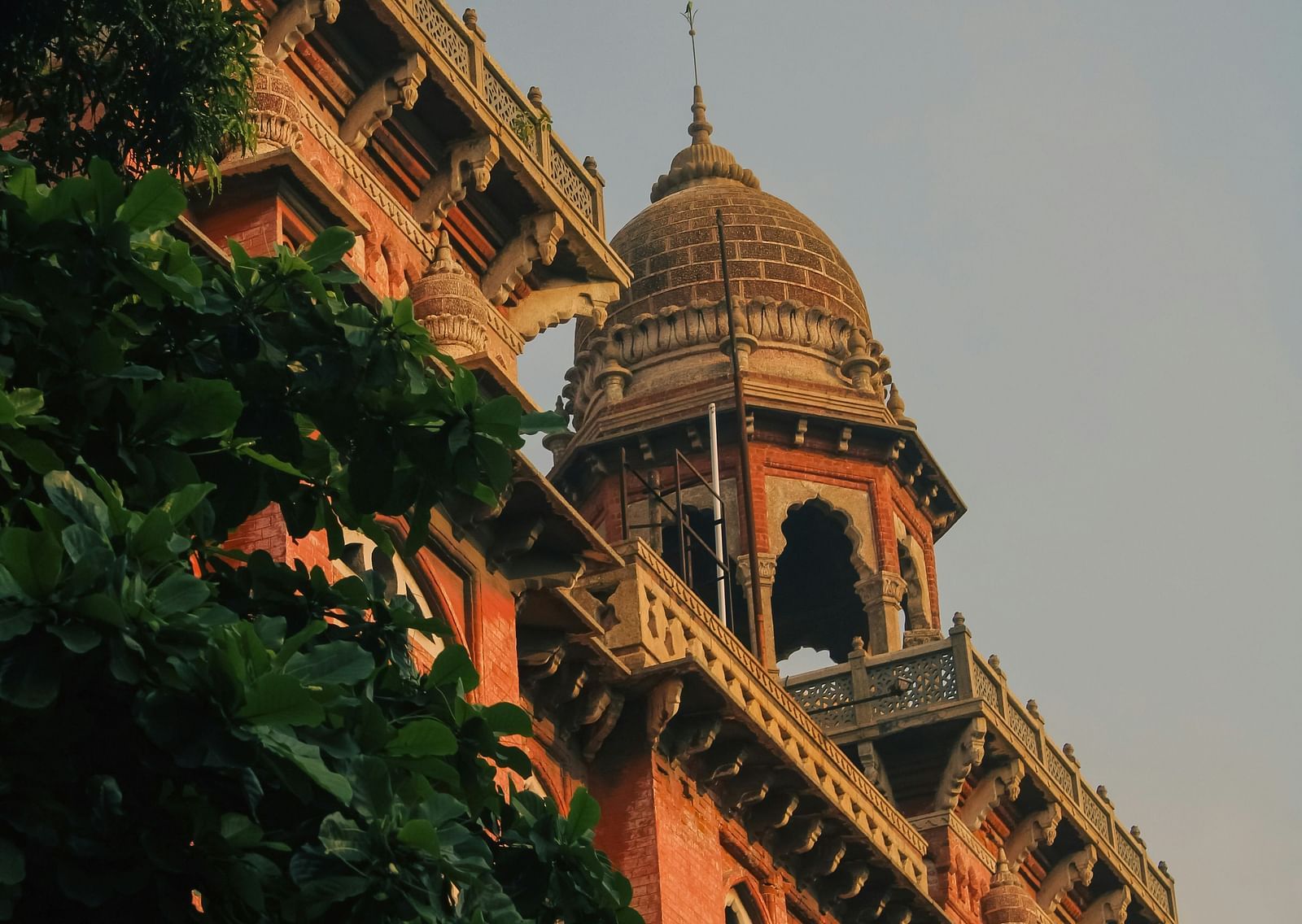
The Arrival of European Powers and British Rule
By the 16th and 17th centuries, European traders, including the Portuguese, Dutch, and British, arrived in the region, drawn by the lucrative spice and textile trade. The British East India Company officially established a presence in 1639 when they acquired a small strip of land from the local Nayaka of Wandiwash to set up a trading post. This settlement was named Madraspatnam, later named Fort St. George, the foundation of British rule in South India. Fort St. George became a military and administrative centre, leading to rapid urban expansion and the development of Madras as a key colonial outpost. Over time, the city became a crucial part of British India, serving as an administrative headquarters and a prominent port for trade and commerce. The British influence can still be seen in the colonial architecture, including landmarks like the Madras High Court, the Ripon Building, and the Victoria Public Hall.
Chennai’s Role in India’s Freedom Struggle
Chennai played an active role in India’s struggle for independence. The city was home to influential freedom fighters like Subramania Bharathi, C. Rajagopalachari, Bal Gangadhar Tilak and V. O. Chidambaram Pillai, who contributed significantly to the nationalist movement. Marina Beach witnessed several protests and gatherings essential in India’s fight against colonial rule. The city also became a centre for Swadeshi movements, which encouraged using locally made goods and opposed British rule. Chennai’s press, including newspapers like The Hindu, played a key role in spreading nationalist ideas. The city's contribution to India’s independence remains a source of pride and historical significance.
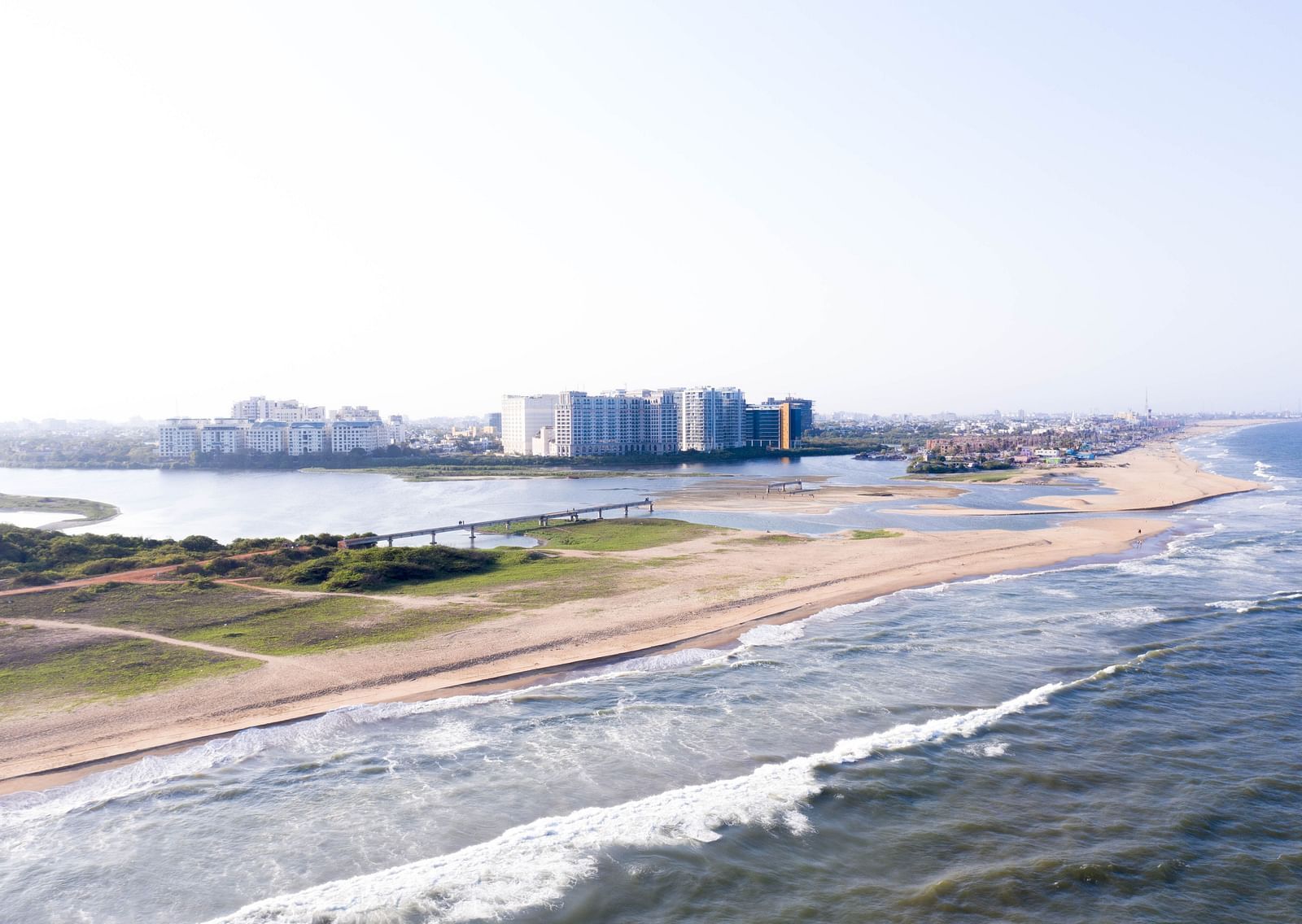
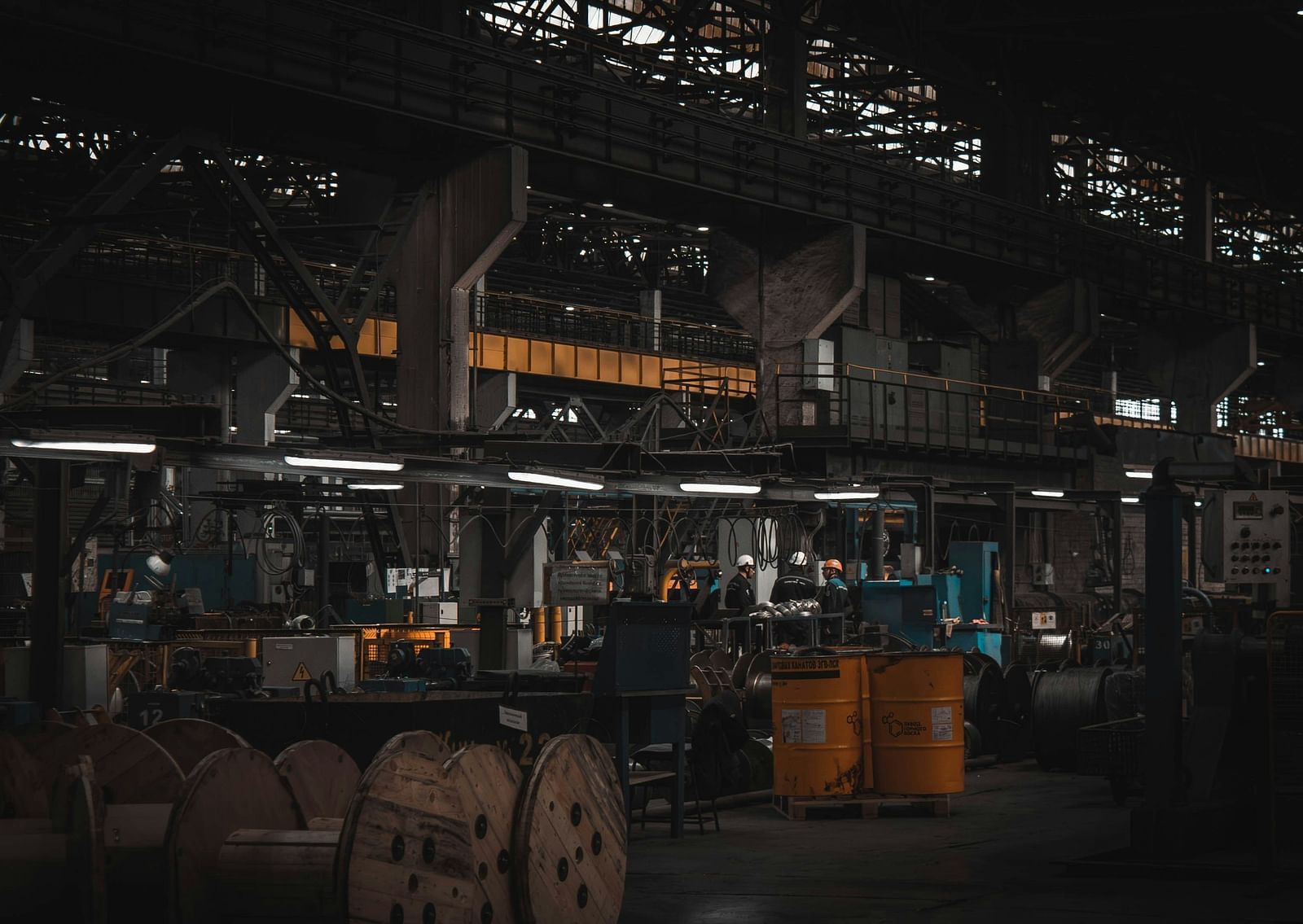
Post-independence Growth and Industrial Expansion
After India gained independence in 1947, Madras continued to thrive as a substantial economic and cultural hub. The city was officially renamed Chennai in 1996 to reflect its Tamil heritage and identity. Over the decades, Chennai has emerged as a leading centre for education, technology, and industry. The establishment of the Indian Institute of Technology (IIT) Madras in 1959 strengthened Chennai’s reputation as a hub for science and technology. The city saw rapid industrialisation, with the growth of automobile manufacturing, IT parks, and the film industry. Today, Chennai is often called the Detroit of Asia due to its strong presence in the manufacturing sector.
Chennai Today: A Blend of Tradition and Modernity
Chennai has successfully preserved its cultural roots while embracing modern advancements. Chennai's cultural identity as South India's capital is deeply rooted in its vibrant scene of Bharatanatyam, Carnatic music, and Tamil literature. The city's famed Margazhi Music Festival annually brings together music lovers from across the globe to celebrate its classical traditions. At the same time, Chennai has grown into a bustling metropolitan city, home to skyscrapers, IT hubs, luxury hotels, shopping malls, and vibrant nightlife. The city continues to be a major port and economic hub, contributing significantly to India’s economy.
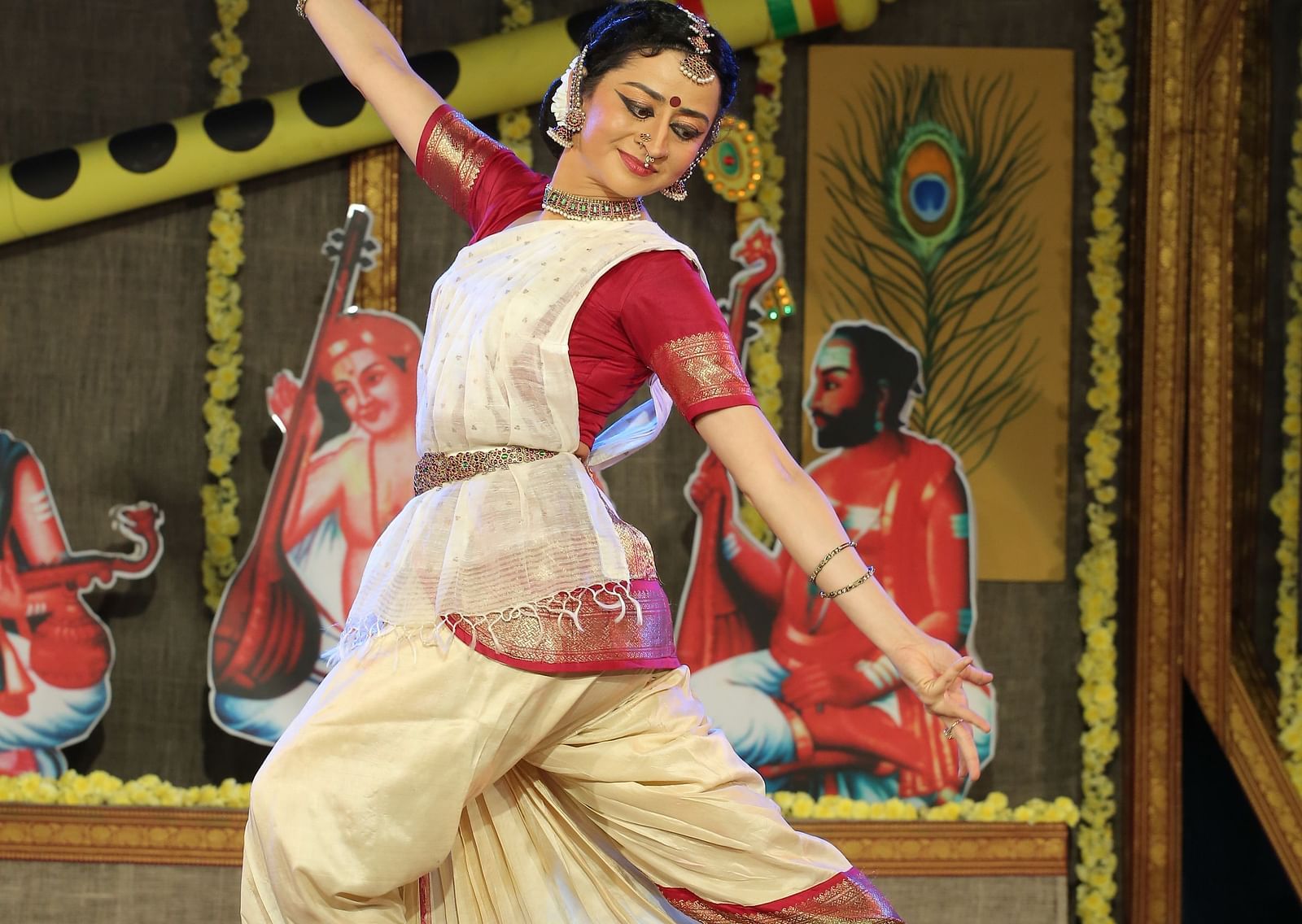
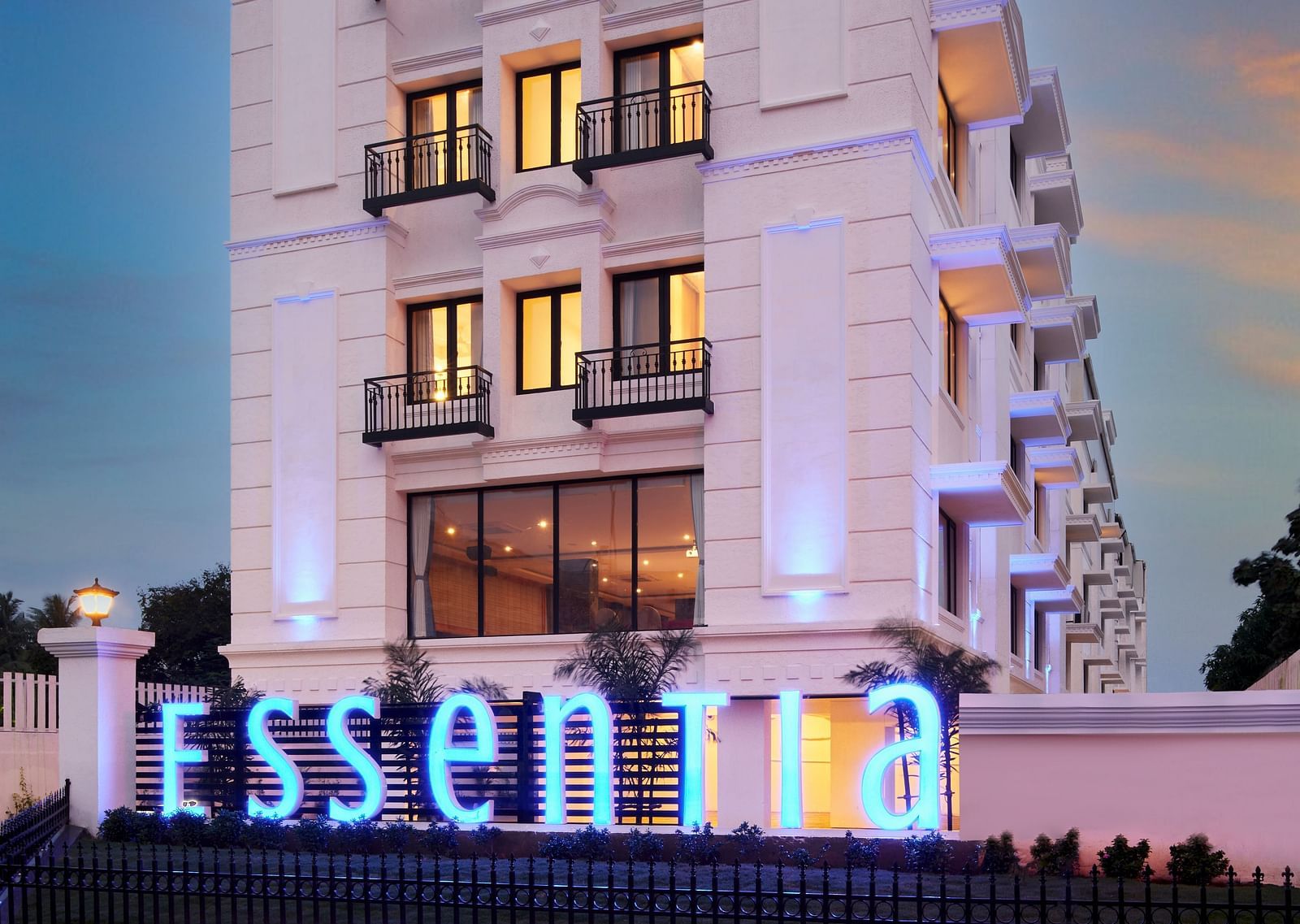
Stay at Essentia Premier Hotel, Chennai
For travellers wanting to know about Chennai’s rich history and vibrant culture, Essentia Premier Hotel, Chennai, offers the perfect stay. Located in the city centre, this premium hotel provides comfortable accommodations, world-class amenities, two dining options and warm hospitality. Whether you're here for business, sightseeing, or relaxation, Essentia Premier ensures a luxurious and memorable experience.
Chennai's history is a testament to its resilience, cultural richness, and economic progress. Among the things to know about Chennai is its remarkable journey, evolving from ancient temples and colonial landmarks to modern skyscrapers, a process that continues to shape its identity.